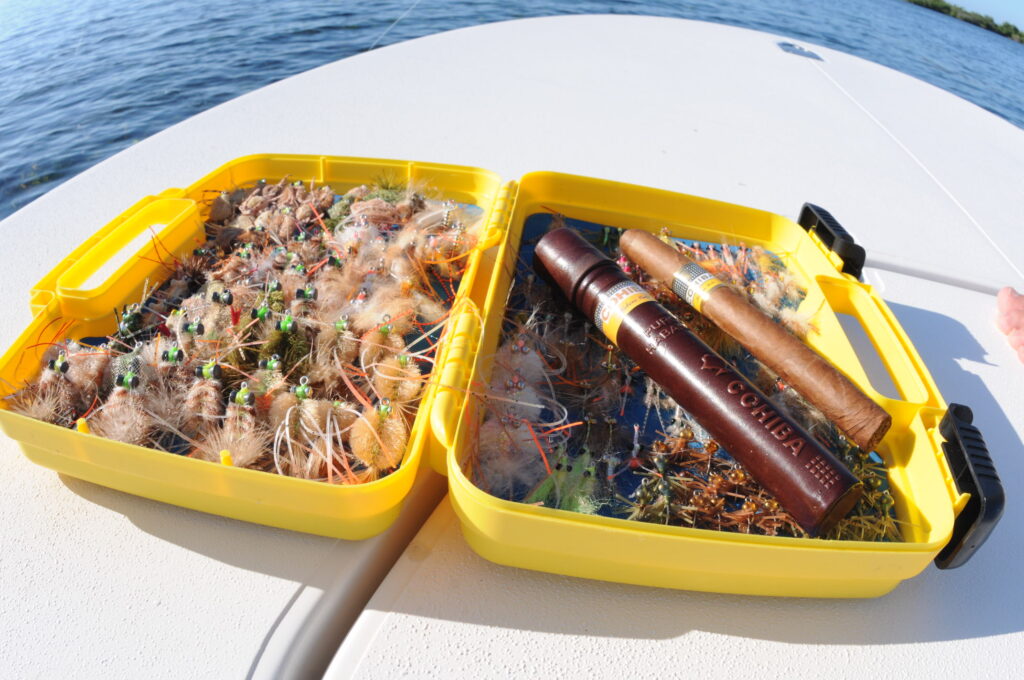
The establishment of the Jardines de la Reina marine park in the early nineties came to be through the collaboration of many scientific, governmental and non-governmental entities. The goal in preserving and protecting such a massive area (840 sq mi) is quite an ambitious action that has never been taken lightly. As the long term stewards of this pristine marine park, we believe that real and concrete conservation goes beyond boundaries and statutes; but requires the involvement of each individual visitor to become a reality.
Jardines de la Reina is more than just a fishing destination – it’s an extraordinary, living ecosystem that requires our collective efforts to safeguard its future. As a leader in sustainable tourism, we are committed to ensuring the conservation of its pristine waters and vibrant marine life. Over the last thirty three years we have developed avenues for guests to grow their partnership in the protection and sustainable utilization of this archipelago. In the simplest form, your presence within the marine park ensures that guides are on the water acting as a de-facto surveillance team while exploring the various regions of JDR for fish of all varieties among a multitude of habitats. Even further, each fish caught and released is logged in a scientific database providing much needed information in understanding and protecting the habitats that they rely on so heavily.
Additional actions such as reduced fuel consumption, catch and release fly fishing, rotational use systems, no-take sanctuary designations, reducing plastics, grey water recycling, and limiting visitors have made significant positive impacts for the efficiency of the programs and the health of the environment. This is a phenomenal opportunity to create a mutually beneficial environmental program in the marine parks through science based innovations while returning the benefits back to the ecosystem and the local communities.
=What’s New in 2026 and How Can You Be Involved?=
1. Expanded Conservation Zones:
We’re expanding conservation zones to protect juvenile fish populations, providing safe spaces for their growth and helping adult fish find refuge. These zones will ensure healthy fish stocks and the long-term sustainability of the region. See the map below of the expanded areas of protection that will ultimately add to the overall size and health of the marine park.
2. Reduced Visitor Numbers and Skiff Use:
To improve the guest experience and preserve the fishery, we’re limiting Jardines de la Reina to 8 skiffs (16 anglers) per week. This reduction will lower fishing pressure and provide more opportunities to explore the destination at your will from end to end without the barriers of being limited to one region only during your week The live-aboard program will be mobile, following the best fishing spots while protecting sensitive ecosystems.
3. Guest Involvement Opportunities:
In 2026, we’re offering more ways for guests to engage in conservation, from expert talks to hands-on research programs. Your participation will help preserve Jardines de la Reina for future generations while enhancing your experience.
Why Your Trip Matters–
Every visit you make to Jardines de la Reina supports the conservation initiatives that keep this delicate ecosystem thriving. Whether you’re fishing, diving, or simply exploring the breathtaking surroundings, your presence plays a vital role in preserving the natural beauty that makes JDR so special.
We’re proud to offer an experience that blends adventure with responsibility. It’s not just about catching fish or sightseeing—it’s about actively protecting the paradise we’ve all come to love.
Join us in Keeping JDR Wild and Thriving— Book your 2026 Adventure Now!!

